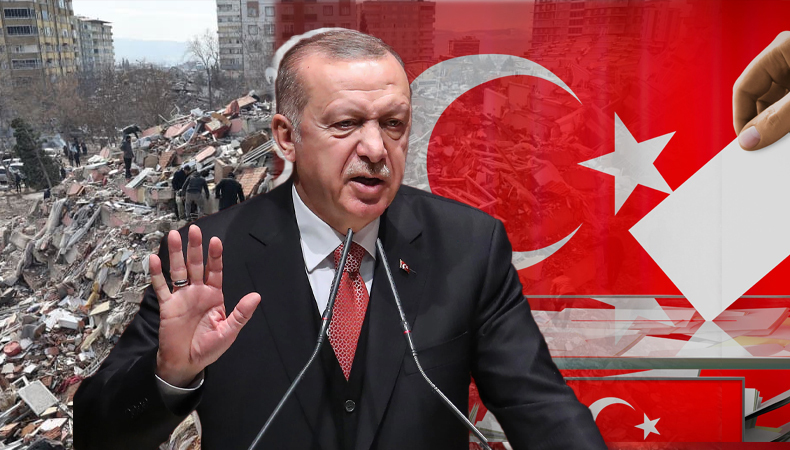Despite deadly quakes, Turkish government still intends to hold elections in May

In an address to legislators of his ruling party on Wednesday, Turkish President Recep Tayyip Erdogan indicated that his government still intends to hold elections on May 14, the date his party had tentatively set before the deadly earthquakes hit the nation and neighbouring Syria on February 6, killing tens of thousands of people and triggering mass devastation.
“This nation will do what is necessary on May 14, God willing,” Erdogan said, in an apparent reference to elections seen as representing his biggest-ever political challenge. The upcoming elections come at a tough time for the Turkish leader who has seen a drop in his ratings because of rising inflation.
Erdogan has been in power since 2003
In his speech to lawmakers on Wednesday, he did not provide information on how elections would be organised in the disaster zones or if displaced survivors would be able to vote in their new locations.
While the combined death toll from the recent disaster has crossed 50,000 in Turkey and Syria, scores of buildings have collapsed or been severely damaged and millions are in urgent need of basic necessities, such as safe drinking water and shelter.
Read | Israeli minister claims that Palestinians had intended to assassinate him
Experts have blamed the lax enforcement of building codes for the massive destruction in Turkey.
In his speech on Wednesday, Erdogan reiterated a pledge to reconstruct over 400,000 homes within the year. Although he has acknowledged shortcomings in the initial stages of the quake response, he has pointed to adverse weather and destruction the tremors caused to roads and infrastructure as the major reasons behind the limitation.
The Turkish leader has faced a wave of criticism over his government’s handling of the humanitarian disaster. But he defended Ankara’s response in his speech and chided the critics.
Some Turks in one of the worst-hit areas voiced disappointment at the state’s response on Wednesday. While a market owner in the town of Narli said, “Help arrived here very late. People are having second thoughts,” a 70-year-old farmer from the village of Igdeli expressed the need for “fundamental change”, adding “I don’t believe the opposition is up to the task either.”




